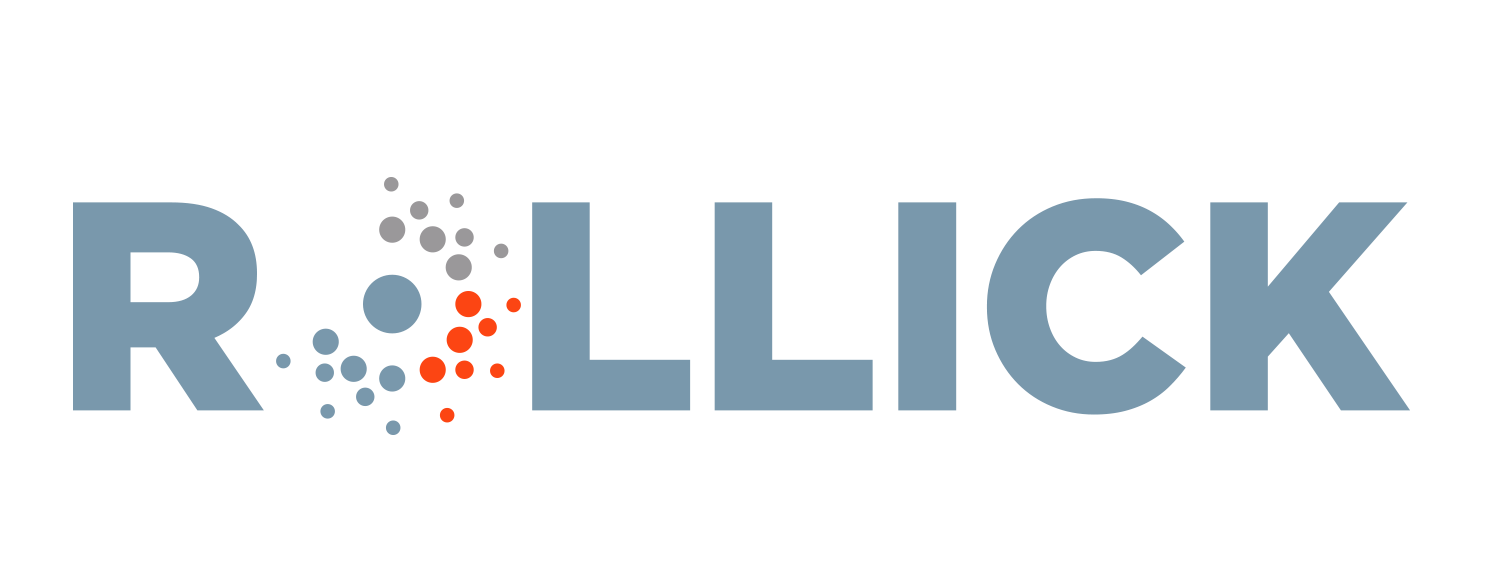Sales processes are becoming increasingly complex in the rapidly evolving world of Original Equipment Manufacturers (OEMs), particularly in the commercial and industrial sectors. Products like skid steers, zero-turn mowers, and mini excavators require sophisticated sales strategies to meet customer demands and stay competitive. Sales automation is vital in this landscape, offering solutions to streamline operations, enhance efficiency, and drive growth. This article explores the top three best practices for incorporating sales automation into your workflow, ensuring better results and higher conversion rates.
How to Boost Your Sales Automation Efforts
1. Streamline Lead Management for Better Conversion Rates
For OEMs and their dealers, automating lead management is crucial for improving conversion rates. Businesses can automatically score and nurture leads by leveraging Customer Relationship Management (CRM) systems, ensuring sales teams focus on the most promising prospects. This targeted approach can lead to a significant increase in qualified leads, significantly boosting overall sales performance.
CRM systems offer several features that streamline lead management:
- Lead Scoring: Automatically rank leads based on their conversion likelihood, allowing sales teams to prioritize high-potential opportunities.
- Lead Nurturing: Send personalized content and follow-ups to leads at different sales funnel stages to keep them engaged and moving toward a purchase decision.
- Data Integration: Consolidate information from various sources to provide a comprehensive view of each lead, enabling more informed and effective sales strategies.
Implementing these tools saves time and ensures no lead falls through the cracks. Automating these processes for OEMs and their dealers maintains a consistent and efficient approach to lead management, ultimately driving higher conversion rates and increased revenue.
2. Automate Sales Follow-Ups to Maintain Customer Engagement
Maintaining customer engagement without constant manual effort is essential in the commercial and industrial equipment industry. Using email automation tools, OEMs and their dealers can schedule follow-ups and track customer interactions, ensuring timely and relevant communication. This approach can increase response rates, significantly enhancing the effectiveness of sales efforts.
Email automation tools offer several key features:
- Scheduled Follow-Ups: Automatically send follow-up emails at optimal times, keeping prospects engaged and moving through the sales funnel.
- Personalization: Customize emails based on customer behavior and preferences, making each interaction more relevant and impactful.
- Tracking and Analytics: Monitor open rates, click-through rates, and other engagement metrics to refine your follow-up strategies and improve outcomes.
Automating these tasks allows sales teams to focus on high-value activities while ensuring every prospect is addressed. This improves efficiency and enhances the customer experience, leading to higher engagement and better conversion rates.
3. Integrate Analytics for Data-Driven Decisions
Integrating analytics into sales automation is vital for making data-driven decisions that enhance sales outcomes. By leveraging analytics platforms, OEMs and their dealers can gain real-time insights into their sales processes, allowing them to adjust strategies promptly. This data-centric approach can improve sales outcomes, providing a significant competitive edge.
Analytics platforms offer several advantages:
- Real-Time Insights: Access up-to-the-minute data on sales performance, customer behavior, and market trends, enabling quick and informed decision-making.
- Performance Tracking: Monitor key performance indicators (KPIs) to identify strengths and areas for improvement within the sales process.
- Predictive Analytics: Use historical data to forecast future sales trends and customer needs, allowing for proactive strategy adjustments.
By integrating these tools, OEMs can transform raw data into actionable insights, driving more effective sales strategies. This enhances decision-making and ensures that sales efforts are aligned with market demands and customer preferences, ultimately leading to better sales performance and increased revenue.
Maximizing Efficiency and Tracking Performance
Integrating automation tools into sales is essential for maximizing efficiency and tracking performance. By streamlining lead management, OEMs and their dealers can improve conversion rates and focus on high-potential prospects. Automating sales follow-ups ensures consistent customer engagement, leading to higher response rates. Incorporating analytics provides real-time insights, enabling data-driven decisions that enhance sales outcomes. Together, these practices drive better results and increased revenue.
They adopt these best practices to position OEMs and their dealers for sustained success in a competitive market. Sales automation saves time and resources and empowers sales teams to perform at their best, focusing on strategic activities that drive growth. In a rapidly evolving business landscape, staying ahead requires leveraging technology to optimize every aspect of the sales process.
Drive Success with Sales Automation: Start Today!
Sales automation is not just a trend but a necessity for OEMs and their dealers aiming to thrive. Companies can significantly enhance their sales processes by streamlining lead management, automating follow-ups, and integrating analytics. These best practices enable businesses to convert more leads, maintain robust customer engagement, and make informed decisions based on real-time data. Embrace these strategies to ensure your sales team operates at peak efficiency, driving sustained growth and success in today's competitive environment.
Ready to revolutionize your sales process? Visit Rollick to learn more about our cutting-edge sales automation solutions and start boosting your sales today!





